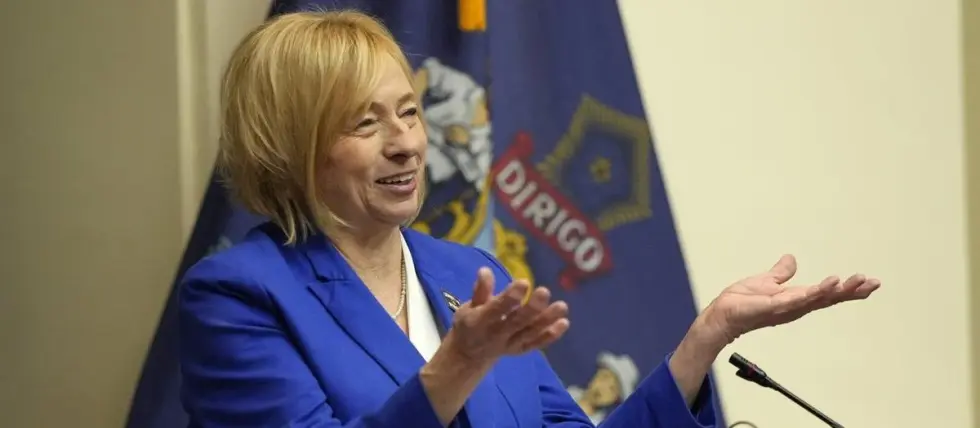Fate of Rhode Island iGaming Lies with Governor Mills
A legislative proposal that could reshape digital gambling in Maine has progressed to Gov. Janet Mills following its approval by the state's appropriations committee. Known as LD 1164, the bill seeks to assign sole rights to manage online casino gaming to Maine's four Wabanaki tribal nations. With the measure now in the governor's hands, she must decide whether to endorse it, block it, or let it sit until the legislature returns early next year.

The bill outlines a framework where Aroostook Band of Micmacs, Houlton Band of Maliseet Indians, Passamaquoddy Tribe and the Penobscot Nation would operate digital casino platforms. This opportunity would not extend to the state's two commercial casinos, Hollywood Casino and Oxford Casino Hotel, which are excluded from the online gaming initiative. Each tribal group would be permitted to collaborate with one platform provider licensed to operate under the bill, with annual licensing fees set at $50,000.
Related: Maine Lawmakers Weigh Bill to Legalize Online GamingIf implemented, the proposal would apply a 16% levy on net gambling revenue generated through these online platforms. The funds collected would be used to support public services, including resources for individuals struggling with gambling addiction, emergency housing programs, and services for military veterans.
The legislation also emphasizes user safety, introducing specific measures to protect consumers. One provision would allow the state to intercept large online gambling winnings from individuals with overdue child support payments—marking a first-of-its-kind policy in the US.
Gov. Mills has not been enthusiastic about expanding gambling in the past, and her administration expressed reservations about this particular bill during its committee review. That history casts doubt on whether she will sign it into law.
More Regulation News
Gov. Mills Not Supportive of Gambling Expansion
Gov. Mills previously rejected a sports betting measure after she received it. However, that decision was later overturned by the state Senate, enabling legal sports wagering to move forward despite her opposition.
Under state law, the governor has 10 days to approve the legislation or reject it. If the legislative session is adjourned and no action is taken during that window, the bill will carry over until lawmakers are back in session in January.
Once the legislature reconvenes, the governor will have an additional three days to make a decision. Should she still take no action during that time, the measure would automatically be enacted without her signature.
Steve Silver, who leads the Maine Gambling Control Board, voiced concerns about the bill's chances. He pointed to Gov. Mills' previous decisions on gambling legislation as a sign that she may choose to reject this measure as well. He also questioned whether the Senate would be able to override a veto.
Previous efforts to derail the legislation in the Senate failed by just one vote, ending in a 17-18 outcome. Overriding a veto requires a two-thirds majority in both chambers. While the bill passed in the House with a vote of 87-60, reaching that two-thirds threshold would still be a challenge if a veto occurs.
RELATED TOPICS: Regulation









Review this New Post
Leave a Comment
User Comments
Comments for Fate of Rhode Island iGaming Lies with Governor Mills